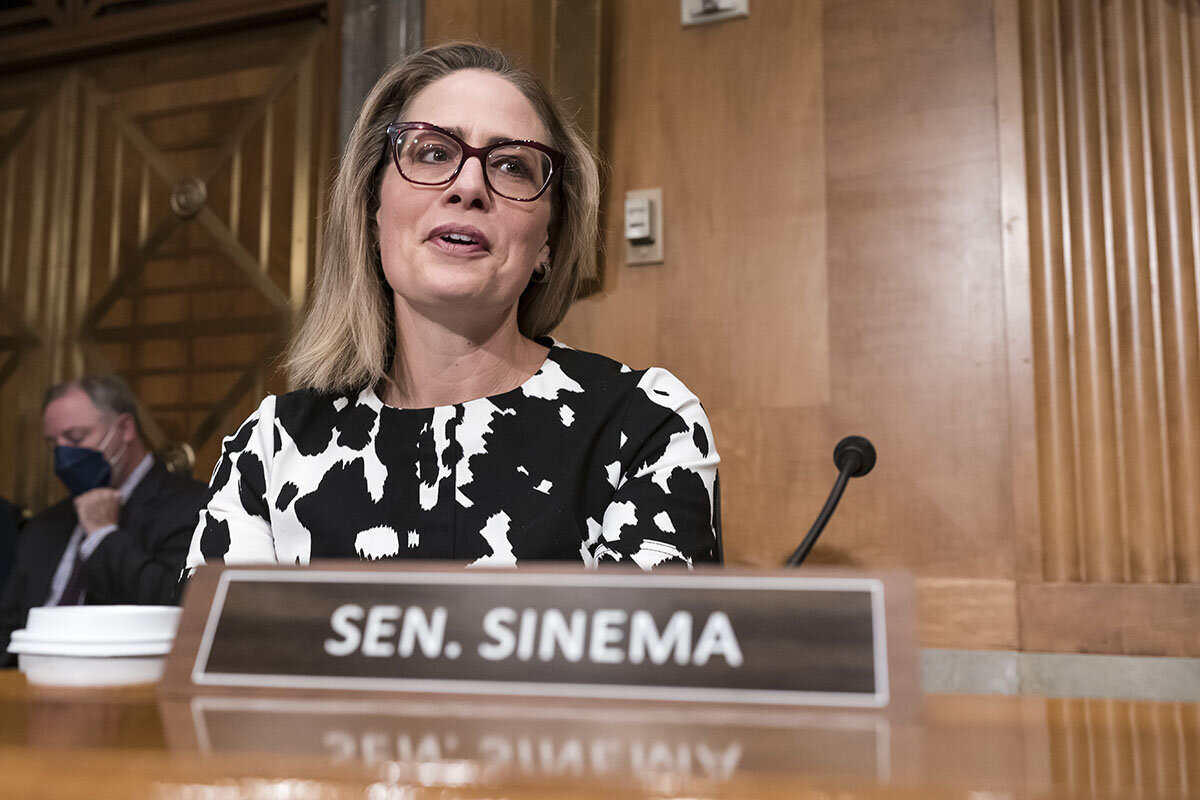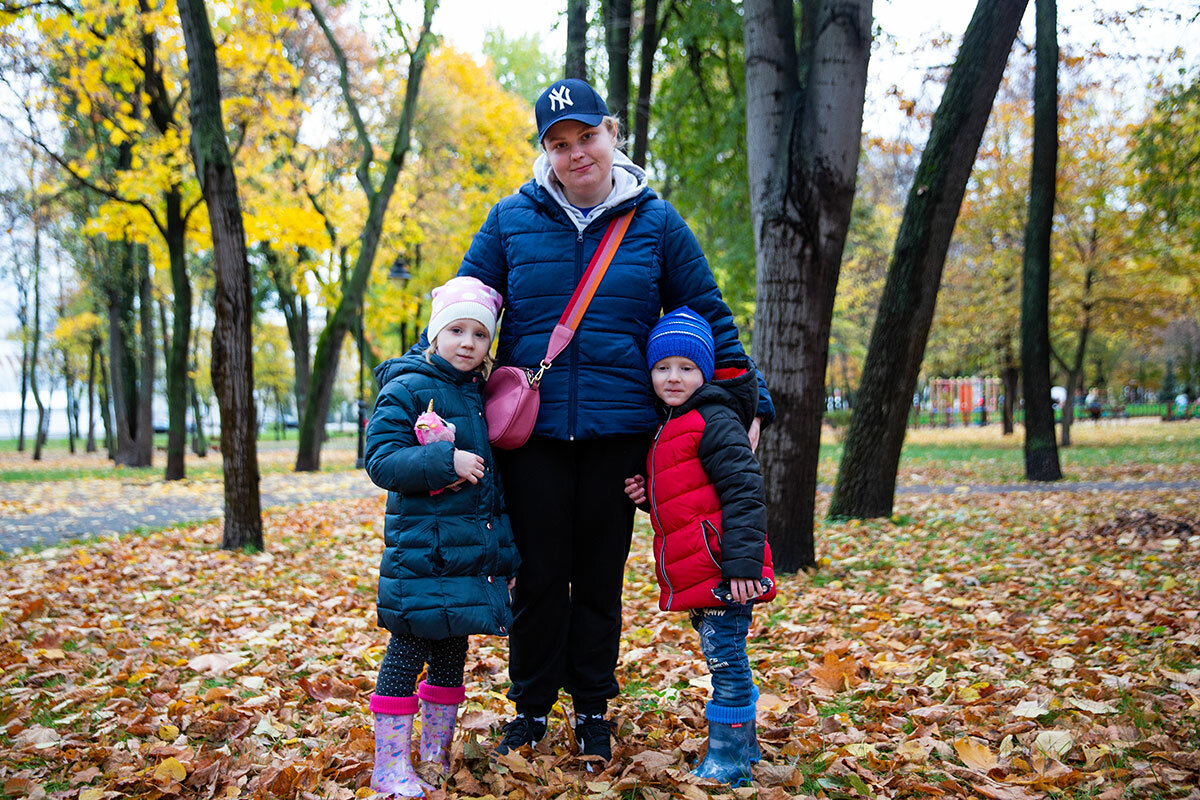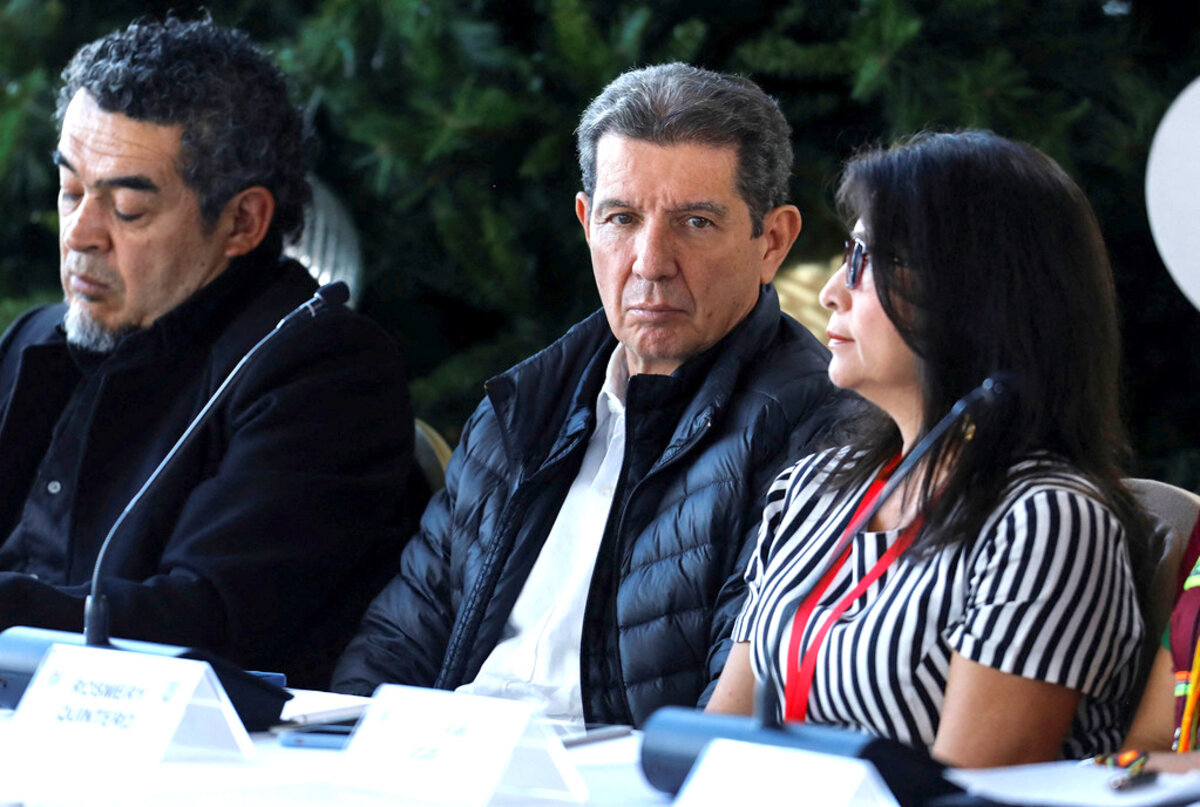The Arizona senator’s decision to become an independent didn’t please Democrats. But she may be in step with voters, who are increasingly unhappy with the two-party system.
Monitor Daily Podcast
- Follow us:
- Apple Podcasts
- Spotify
- RSS Feed
- Download
 Clayton Collins
Clayton Collins
Two weeks ago in this space I wrote about nation branding, the practice by which countries try to position themselves to the world. The news peg: tiny Bhutan’s recent exercise in that vein.
There, as elsewhere, it’s about more than just image-buffing. Still, active thinking about “Brand America” arguably runs back to the days after 9/11, when the United States government hired marketing maven Charlotte Beers to craft a campaign to lift its image abroad.
What defines or describes America today? I asked for your thoughts.
“Money Monger,” read one email (in its entirety). Other readers also cited an overemphasis on the acquisition of money and power. Inequity. A lack of respect for others’ perspectives. Violence was mentioned more than once.
But “opportunity” and “freedom,” long hailed as drivers for immigrants, cropped up more, if sometimes in aspirational or conditional ways.
“Our tremendous diversity should and can be a great and unifying strength,” one reader wrote, “and it will be when we value the diversity, and work to assure that core principles (eg, freedom, justice, equality, education, supply) operate for all.”
Another reader who said she’d just spent eight weeks in Central America and Europe saw more positive perceptions in the former. A Mayan guide told her America “still offered hope.” Her own take: “I will say when tornadoes strike or hurricanes cause devastation, I see our divide lessen. People do still help each other.”
Yet another reader dismissed exceptionalism but then hailed democracy’s front-line workers, “election officials of all parties at every level down to the smallest who were rock solid in their performance of their sworn duty. ...” He called that commitment deeply rooted.
“I am not a nationalist in any way,” he wrote, “but I am happy to be living in such a country.”










